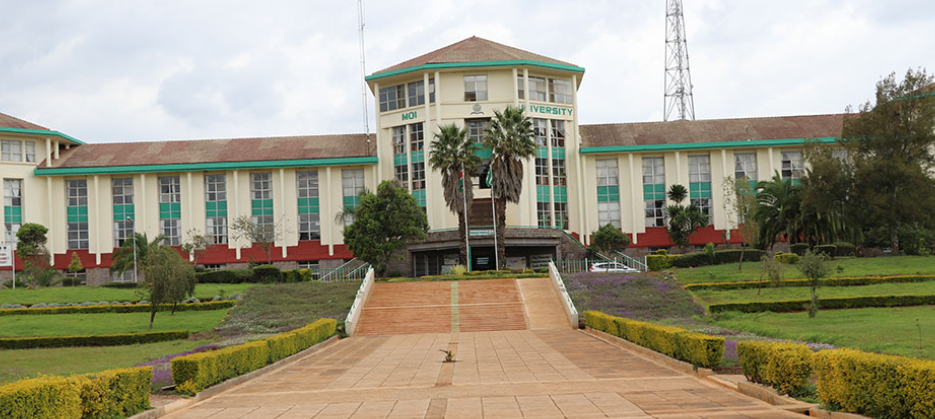Farmers and youths to benefit most from State sponsored CAIP

Kenyan small-scale farmers and the youth will be the biggest winners in a government’s proposal to establish County Aggregation and Industrial Parks (CAIP) across all 47 counties.
At the root of the project is to consolidate agricultural produce and take advantage of the international market, while creating jobs and ready markets at the grassroots. The programme is part of the larger government initiative provided for in the next budget which will see every county allocated Sh1 billion to install the necessary infrastructure.
Economies of scale
Already, the Trade and Industry Cabinet Secretary Moses Kuria has advertised tenders for the construction of County Aggregation and Industrial Parks (CAIP) in 14 counties. “In order to create an all-inclusive job-creating economic model that invests in Kenya’s rich agro resources, the government has established the CAIP in line with the Bottom Up Economic Transformation Agenda,” reads the tender documents in part.
CAIPs are clusters of independent aggregation centres across the country to gain economies of scale for bulk purchasing and selling of various agro produce in Kenya.
“This is a farmer-centred export-oriented approach to ensure small-scale farmers and producers contribute to the aggregation, marketing and export of produce from across the country,” CS Moses Kuria said in the tender invite.
With economies of scale, farmers can negotiate better prices and access export opportunities such as the Chinese Avocado market, the Agoa initiative, the EU’s horticulture market, and the Africa Continental Free Trade Area. This will open up new avenues for small-scale farmers to sell their produce and expand their businesses.
Construction and operation of the parks will generate jobs, and the increased agricultural productivity and market access can further stimulate job growth in related sectors such as agro-processing and manufacturing. By providing cold storage facilities and sorting capabilities, the parks can help reduce post-harvest losses, which have been a significant challenge for farmers. Value-addition activities can increase the profitability of agricultural products and improve farmers’ incomes.
“The centres will be located in each county in proximity to the production areas to serve farmers and producers through collecting, storage and sorting and even primary processing and value addition,” Kuria said.
Each CAIP will have a minimum of four manufacturing shades of 4000 square meters and an aggregation centre of 4000 square metres, which shall have cold storage facilities to prevent post-harvest losses.












